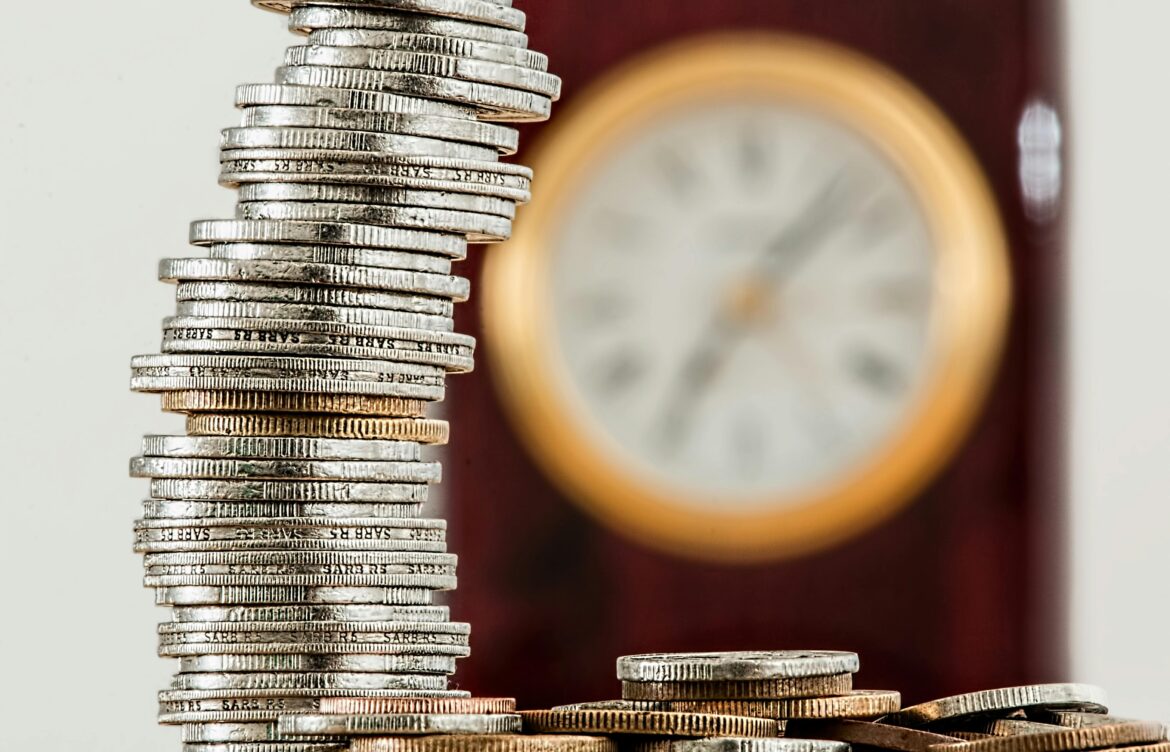
The Importance of an Emergency Fund
Introduction:
Life is unpredictable, and financial emergencies can happen to anyone at any time. Whether it’s a sudden medical expense, job loss, car repair, or urgent home maintenance, having a financial cushion can save you from stress and debt. An emergency fund is a dedicated savings account that acts as a safety net for unexpected expenses. In this article, we will discuss why an emergency fund is essential, how much to save, and strategies to build one effectively.
1. What is an Emergency Fund?
An emergency fund is money set aside specifically for unforeseen events. Unlike regular savings for vacations or luxury purchases, this fund is reserved strictly for emergencies. Its purpose is to provide financial stability and peace of mind when life throws unexpected challenges your way. A well-funded emergency fund prevents you from relying on high-interest credit cards or loans during critical times.
2. Why You Need an Emergency Fund
The importance of an emergency fund cannot be overstated:
- Financial Security: It ensures you can cover essential expenses even during tough times.
- Debt Prevention: Without an emergency fund, you may have to rely on loans or credit cards, increasing your debt burden.
- Peace of Mind: Knowing you have a safety net reduces stress and allows you to focus on other financial goals.
- Flexibility: Emergencies don’t follow schedules. A fund gives you the freedom to handle unexpected situations without financial panic.
3. How Much Should You Save?
The recommended amount for an emergency fund varies depending on your lifestyle, income, and responsibilities. A common guideline is to save three to six months’ worth of living expenses. For example, if your monthly expenses are $2,000, your emergency fund should be between $6,000 and $12,000. If you have dependents, irregular income, or high-risk circumstances, aim for the higher end of the range.
4. Where to Keep Your Emergency Fund
An emergency fund should be easily accessible, safe, and separate from regular spending money. Here are some options:
- High-Yield Savings Accounts: Offer security and earn some interest while keeping funds liquid.
- Money Market Accounts: Provide slightly higher interest rates with easy access.
- Avoid Investments: Stocks or mutual funds are risky for emergency funds because their value can fluctuate.
5. Steps to Build Your Emergency Fund
Building an emergency fund may feel challenging, especially if you have limited income. Here’s a step-by-step approach:
- Set a Goal: Decide the exact amount you want in your fund.
- Start Small: Begin with a small target, like $500, and gradually increase it.
- Automate Savings: Set up automatic transfers to your emergency fund every month.
- Cut Unnecessary Expenses: Reduce non-essential spending and redirect it to your fund.
- Use Bonuses and Windfalls: Extra income like bonuses or tax refunds can accelerate growth.
6. When to Use Your Emergency Fund
Your emergency fund should be reserved for true emergencies only, such as:
- Medical emergencies or health-related expenses
- Job loss or sudden reduction in income
- Urgent home or car repairs
- Natural disasters or unforeseen events
Avoid using it for vacations, luxury items, or regular bills unless absolutely necessary. Treating it as a strict safety net ensures it is available when you really need it.
7. Maintaining Your Emergency Fund
Once you reach your target amount, it’s important to maintain it:
- Replenish After Use: If you use money from your fund, start rebuilding it immediately.
- Review Annually: Adjust the fund based on changes in living expenses or lifestyle.
- Keep It Separate: Don’t mix it with regular savings or checking accounts.
Conclusion:
An emergency fund is a cornerstone of financial stability. It provides security, reduces stress, and protects you from debt when unexpected events occur. By setting clear goals, saving consistently, and keeping the funds accessible, you can create a robust financial safety net. Start small, stay disciplined, and make your emergency fund a priority—it’s an investment in your peace of mind and future financial well-being.